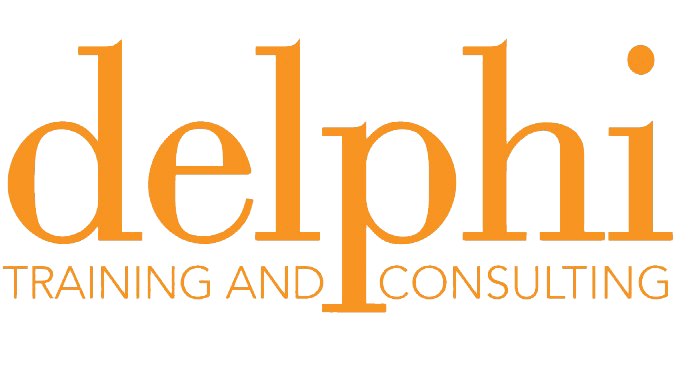
Join our NETWORK
Get all latest news, event updates and access to resources & information.

Naomi offers In-House training tailored specifically for the needs of your organisation. She will work with you to understand your requirements, the content and length of training.
Training options can focus on one, or a combination of the topics below. Please enquire if what you need is not listed as it is likely to be incorporated in the following topics.
For ‘Open House’ training please visit Upcoming Events
– Ross and Halpern, 2009


Delphi Training and Consulting acknowledges Aboriginal and Torres Strait Islander Peoples as the Traditional Owners and Custodians of the lands and waters which we share. We pay our respects to Elders past, present and future. We acknowledge and recognise it is the oldest living culture in the world and that sovereignty has never been ceded. It always was and always will be Aboriginal land.


Delphi is an inclusive and safe organisation. We respect, celebrate and support diversity, the inclusion of children, young people and adults from LGBTQIA+ communities, people with disabilities, people from CALD backgrounds and people with diverse religious beliefs or affiliations.


Get all latest news, event updates and access to resources & information.